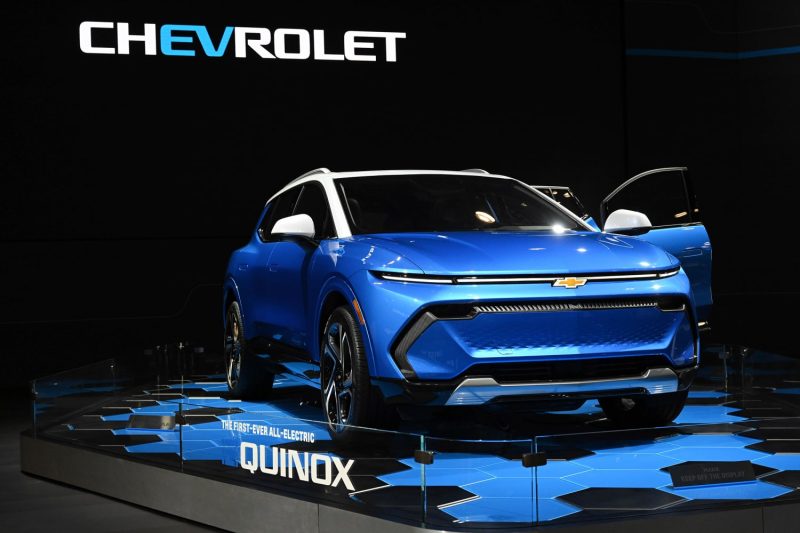In a surprising turn of events, General Motors (GM) has decided to slow down its electric vehicle (EV) plans, despite experiencing a continuous growth in sales. This decision comes at a time when the global automotive industry is increasingly shifting towards sustainable and environmentally friendly practices. While GM has been a frontrunner in the transition to electric vehicles, the recent move has raised eyebrows and sparked discussions within the industry.
One of the primary reasons cited for GM’s decision to pump the brakes on its EV plans is the ongoing global semiconductor shortage. This shortage has plagued various industries, including the automotive sector, leading to production delays and lower output levels. Without a steady supply of semiconductors, GM, like many other automakers, has struggled to meet the rising demand for electric vehicles. This unforeseen challenge has forced the company to reassess its timeline for expanding its EV lineup.
Additionally, GM’s decision to slow down its EV plans may also be influenced by the need to focus on profitability in the short term. While electric vehicles represent the future of the automotive industry, the transition requires significant investments in research, development, and infrastructure. By taking a step back and reevaluating its approach, GM may be aiming to strike a balance between innovation and financial stability.
Despite the temporary setback in its EV plans, GM remains committed to sustainable mobility initiatives. The company has seen considerable success with its existing lineup of electric vehicles, such as the Chevrolet Bolt EV and the upcoming GMC Hummer EV. These vehicles have been well-received by consumers and have contributed to GM’s overall growth in the EV market.
Looking ahead, GM is likely to ramp up its EV efforts once the semiconductor shortage eases and market conditions stabilize. The company has ambitious goals for electrification, including a commitment to achieve carbon neutrality by 2040. By investing in electric and autonomous technologies, GM aims to stay at the forefront of the automotive industry’s transformation towards a cleaner and more sustainable future.
In conclusion, while GM’s decision to slow down its EV plans may seem counterintuitive at first glance, it reflects the complex challenges facing the automotive industry today. As the company navigates the semiconductor shortage and prioritizes short-term profitability, its long-term commitment to sustainable mobility remains unwavering. By adapting to changing market conditions and seizing opportunities for growth, GM is poised to continue shaping the future of electric vehicles and driving innovation in the automotive sector.

